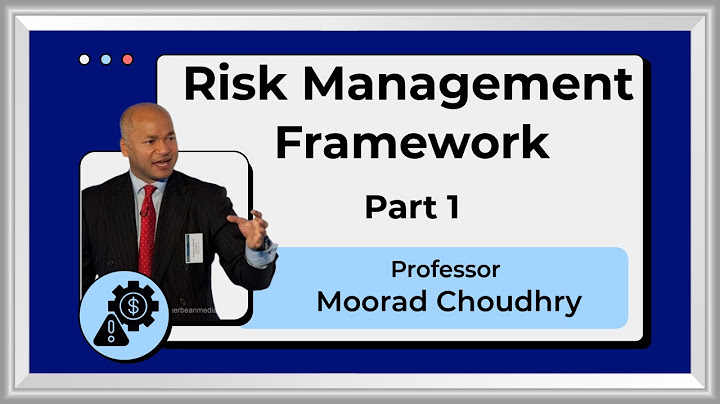The cervical screening test is a new, more accurate way of protecting females against cervical cancer. It was introduced in Australia in December 2017, and is expected to protect almost one third more people from cervical cancer than the old Pap test. Show
The Pap test used to look for changes in the cells of the cervix, the entrance to the uterus (womb) from the vagina. Now the cervical screening test looks for evidence of the human papillomavirus (HPV), which can lead to cell changes in the cervix. The cervical screening test looks and feels the same as the Pap test. But it is only done every 5 years instead of every 2 years, if your results are normal. If you are a person aged 25 to 74 with a cervix, you should have your first cervical screening test 2 years after your last Pap test. If you are due for a test, speak to your doctor or call the National Cervical Screening Program on 13 15 56 for more information. Watch this video to learn more about cervical screening and why the new HPV test has replaced the Pap smear test. Video provided by Pathology Tests Explained In July 2022, self-collection of samples for cervical screening tests became available to all people with a cervix aged 25 to 74. This means that you can take your own sample for the test from your vagina, using a swab. But, people who have symptoms of cervical cancer or are experiencing unusual bleeding, pain or discharge are not recommended for self-testing. Speak to your doctor about what’s right for you. More information on self-collection is available from the Department of Health and Aged Care. What is HPV?HPV is a very common virus that is spread through skin-to-skin contact (which often occurs during sex). Almost every case of cervical cancer is caused by genital HPV. You can be exposed to HPV the first time you have sex, even if you use a condom. In fact, there are more than 100 strains of HPV, and 4 out of 5 people have at least one kind of HPV virus at some time in their lives. There is no treatment for HPV. HPV doesn’t normally cause any symptoms and often goes away by itself. But some types of the HPV virus can remain in the body and eventually cause abnormal cells to develop. This can lead to cancer of the cervix, anus, vagina, vulva, penis or throat. HPV can also cause genital warts, which can be easily treated. Having genital warts does not mean you will get cancer — they are caused by a different type of HPV virus. The HPV vaccineAs well as introducing the cervical screening test, the Australian Government now vaccinates all school children aged 12–13 against HPV. It’s free, as part of the National Immunisation Program (NIP). Older children aged up to 19 can receive free catch-up vaccinations from their GP or primary health care clinic, and older adults can still access the HPV vaccine at a cost. Who needs the cervical screening test?You do not need to start having cervical screening tests until you turn 25. If you’re younger than 25, you are highly unlikely to have cervical cancer and have probably been vaccinated against HPV as part of the NIP. You should have the test if:
You need to have regular cervical screening tests even if you have been vaccinated against HPV, or if you identify as lesbian or transgender. What to expect from your cervical screening testIf your test is performed by a doctor or nurse, it is like having a Pap test. While you lie on your back with your knees bent, the doctor or nurse inserts an instrument called a speculum into your vagina so they can see the cervix. Then they use a brush to take a sample of cells from the cervix. If you decide to do the test yourself through self-collection, your healthcare provider will give you a swab and instructions on how to collect your sample. The sample is put into a tube that contains liquid and sent to a laboratory to be analysed. Your doctor will talk to you about the results, which could indicate:
Myths and frequently asked questions
Where to seek more information
 How Trauma Messes You Up And What To Do About ItBecause of what happened... I'm worthless. I'm not lovable. I can't trust anyone. I have to be perfect. I must have done something wrong. Nothing will ever get better. If that sounds a lot like your inner dialogue, then it's time to put those lies to rest. Trauma is insidious. Lingering for years, decades, unaddressed and unresolved. In Why Aren’t You Over This By Now, Susan Bachmann and Dr. Kelly James help you understand how trauma may have affected your life, the process of trauma therapy with actual case examples, when to seek professional help, and introduce you to the different options for therapy. Susan Bachmann, M.Ed., LPC, NCC,
|

Postagens relacionadas
Publicidade
ÚLTIMAS NOTÍCIAS
Toplistas
#1
Top 8 resultado do jogo do bicho de hoje das 14 2022
1 anos atrás#2
Top 5 treino para academia masculino 2022
1 anos atrás#3
Top 6 comida tipica dos negros 2022
1 anos atrás#4
Top 6 como ser ponto de coleta mercado livre 2022
1 anos atrás#5
#6
Top 7 com quanto tempo escuta o coração do bebe 2022
1 anos atrás#7
Top 8 resultado do jogo do bicho 14 30 2022
1 anos atrás#8
Top 5 cha dos famosos para emagrecer 2022
1 anos atrás#9
Top 7 receita de brownie sem ovo 2022
1 anos atrás#10
Publicidade
Populer
Publicidade

direito autoral © 2024 estudarpara Inc.




























